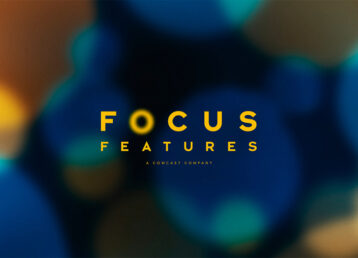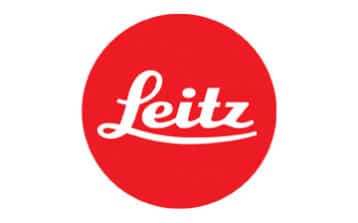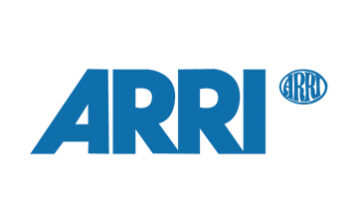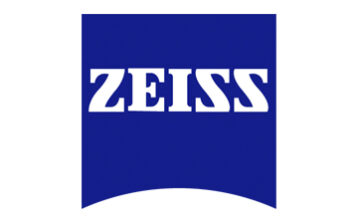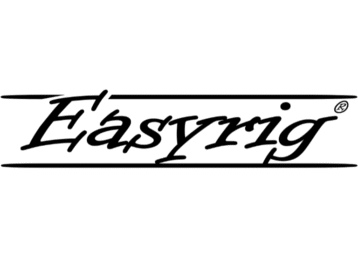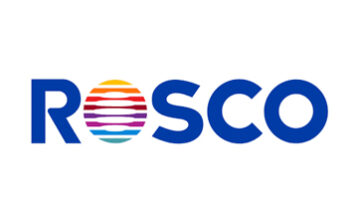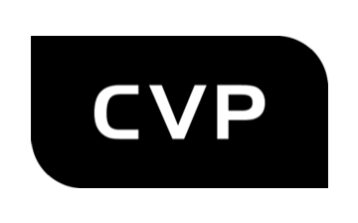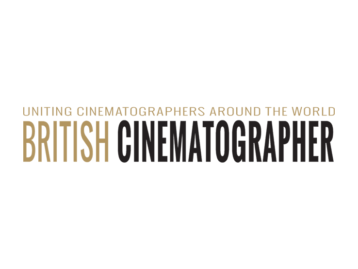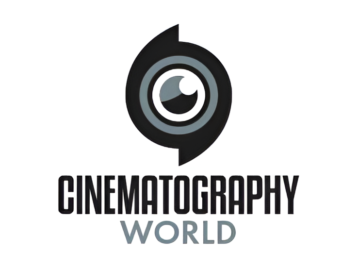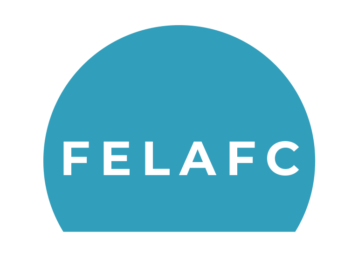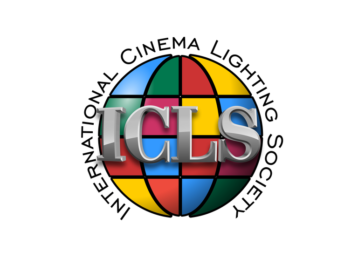
Hungarian cinematographer Flóra Fecske, HCA, has a career rooted in her early passion for photography and storytelling. Growing up in Hungary, her love for the camera was sparked by her father, an avid hobby photographer. From a young age, Flóra was surrounded by photography, which eventually led to her asking for her first analog film camera at the age of eight. What started as a child’s curiosity to capture her surroundings blossomed into a deep and lasting relationship with the art of visual storytelling.
Her early love for photography naturally evolved into an interest in films. However, the realization that she wanted to pursue cinematography as a career came later. Her professional journey began when she decided to work on film sets as a camera trainee at the age of 21. Starting from the technical side of the industry, she worked her way up, becoming a second AC before setting her sights on becoming a DP – and the challenges to get there.

Flóra felt the need to learn more about cinematography on an artistic level, which led her to pursue a Master’s degree in cinematography in Edinburgh, Scotland. Even while continuing to work as an AC to make a living, she took on independent projects as a DP, honing her craft. Her hunger for knowledge and desire to master her field eventually led her to complete a second Master’s degree in cinematography.
Flóra’s path to becoming a DP wasn’t without challenges, especially as a woman in a male-dominated field. Despite the obstacles, Flóra never lost sight of her goal and remained determined to succeed.
What distinguishes Flóra as a cinematographer is her deep respect for collaboration. Having worked for many years as part of the technical crew, she understands the challenges that her team faces and makes a conscious effort to ensure a positive, respectful work environment on set. She believes that a DP’s success is not just about creating beautiful images but also about fostering a supportive, creative atmosphere where everyone can do their best work, preferring to work with people who have a good attitude over those with more experience but poor teamwork skills.
Flóra Fecske’s relationship to post-production is defined by the strong connections she fosters with the colorists she collaborates with. For her, it’s not just a technical phase, but a continuation of the creative journey she embarks on with her team. “For me, being a cinematographer is all about my connections with people,” she explains. Whether it’s the director, the camera crew, or the colorist, these relationships are key to shaping the final image. She feels fortunate to have worked with incredible colorists, emphasizing that their collaboration enhances the emotional and visual depth of her work.
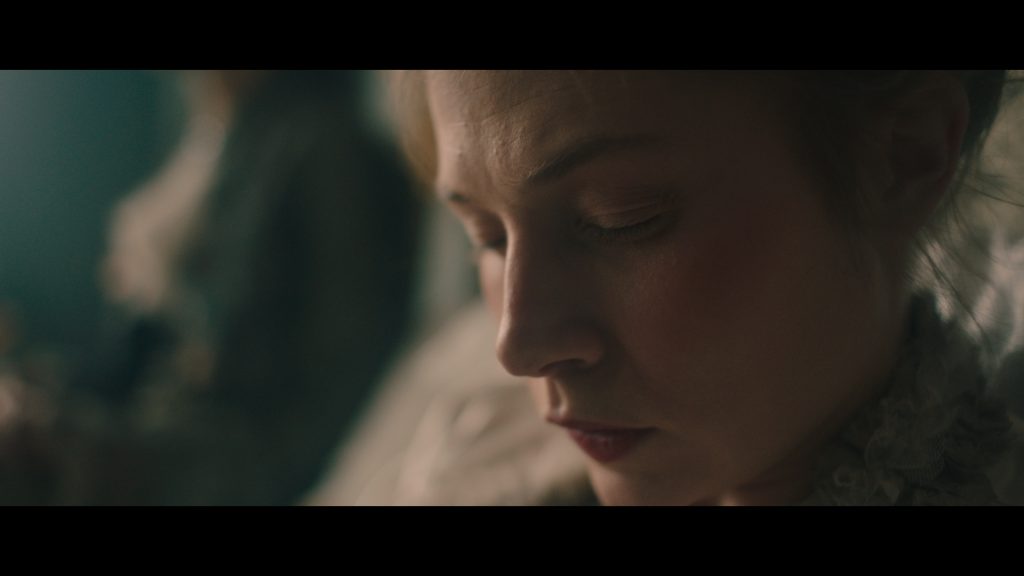
Her focus on set is to balance the technical elements, such as lighting and exposure, with the creative vision she and her director have crafted during prep. This allows her to push the button confidently, knowing that the essence of the image is already in place. Flóra considers herself more intuitive than purely technical. Her process is driven by her instincts—she often knows when she has captured the right image simply by what she sees through the viewfinder. She trusts her gaffer to select the lights that suit their needs and values a collaborative approach that allows her crew the freedom to work with the tools they are most comfortable with. Ultimately, it’s the emotional impact of the image that matters most to her, and she works hard to ensure that this emotional resonance is felt on set and carried through to the final product.
In her approach to lighting, Flóra acknowledges that while some aspects, like exposure, are essential to get right on set, she doesn’t obsess over them in a rigid, technical sense. She sees exposure as a creative tool, something that can be played with to serve the mood of the scene. Rather than striving for “correct” exposure, she focuses on achieving the feeling that best suits the story. This flexibility extends to her overall process on set, where she values spontaneity and embraces the unexpected. Whether it’s an actor missing their mark or an unplanned light hitting a face in just the right way, Flóra believes that these unanticipated moments often lead to the most magical results.

Her deep involvement in the preparatory phase of a project is balanced by her openness to improvisation on set. While she devotes significant energy to discussing visual ideas with her director, creating shot lists, and planning the overall look, she doesn’t let this prep work confine her. Flóra understands that once on set, things may change, and she remains flexible, ready to adapt to whatever surprises may come her way.
Flóra Fecske’s pride in being a member of the Hungarian Cinematographers Association (HCA) is deeply rooted in her sense of community and belonging among fellow cinematographers. Reflecting on her journey, Flóra recalls the first time she attended CamerImage as a film student, where she was struck by the welcoming atmosphere that brought together established professionals and emerging talent alike. “For the first time, I felt I belonged to a community,” she shares, highlighting how this experience solidified her desire to become an active member of the cinematography community. After years of dreaming about joining HCA, she finally became a member, which she sees as a significant milestone in her career.
Currently living in Vienna, Flóra is busy with various projects, including a short film nominated for a BAFTA and several upcoming shoots across Europe. Her schedule is packed with excitement, as she prepares to shoot a music video in Athens and a commercial in Vienna, among other projects. “Cinematography is a passion,” she states emphatically, underscoring that her work has always been driven by love for the art rather than mere obligation.
When asked about films that have significantly influenced her, Flóra reflects on three pivotal works. The first is Jean-Luc Godard’s Breathless, particularly its hotel sequence, which left a lasting impression on her as a young filmmaker. “It changed something in me,” she recalls, appreciating the film’s unique cinematography and emotional depth. Tim Burton’s Edward Scissorhands is another crucial reference for Flóra, as she has rewatched it throughout her life, each time discovering new layers of meaning. “It gives you a different experience at different stages of life,” she notes, emphasizing the film’s enduring impact.
Finally, she cites Emmanuel Lubezki’s collaboration with Terrence Malick, especially in Knight of Cups and The Tree of Life, as profoundly influential. Flóra’s interest in Lubezki’s natural lighting techniques inspired her own work, leading her to explore the interplay between natural light and artificial sources. She even wrote her second thesis on this subject, drawing parallels between Lubezki’s work and Impressionist paintings, particularly those of Monet. This exploration of light has become foundational to her approach to cinematography, enriching the emotional quality of her imagery.
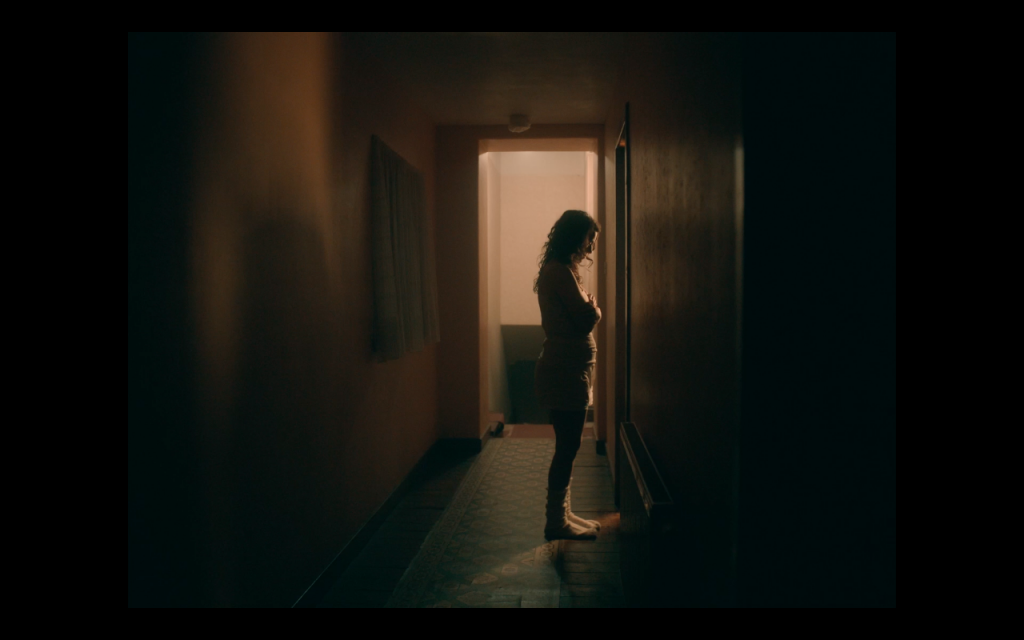
For Flóra, cinematography is about much more than capturing beautiful images—it’s about creating a visual language that connects deeply with the audience. Through her experiences and inspirations, Flóra Fecske continues to navigate her path in the film industry with dedication and passion, forging connections that not only elevate her work but also contribute to a vibrant community of cinematographers.



